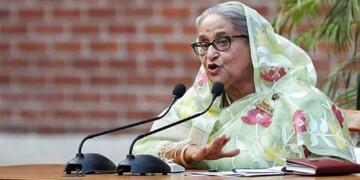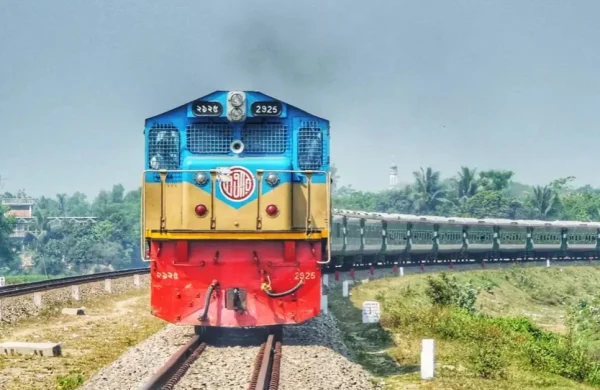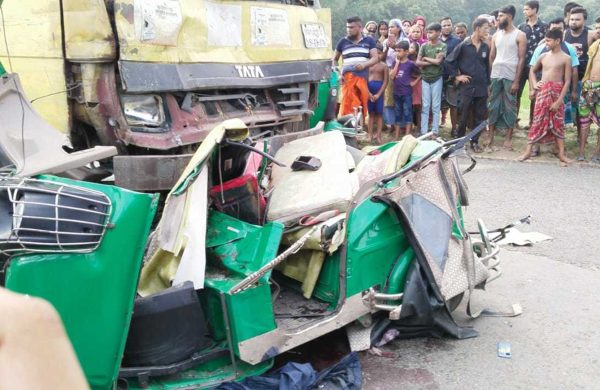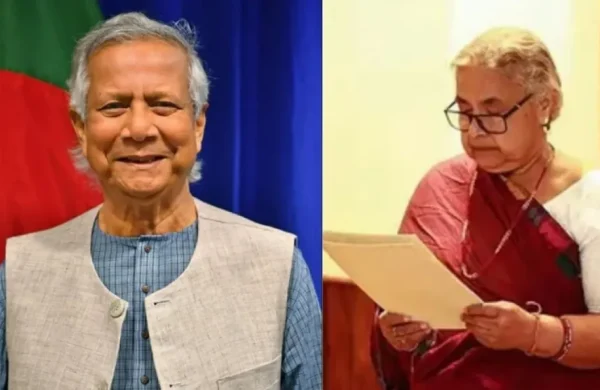What will India do about sending Sheikh Hasina back to Bangladesh?
- Update Time : Saturday, August 17, 2024

TDS Desk:
Bangladesh’s former Prime Minister Sheikh Hasina resigned and fled to India on August 5 following an uprising of the anti-discrimination student movement. She has been there ever since. Several cases have been filed against her on the charges of suppression and killing of agitators in the country.
Mohammad Touhid Hossain, the foreign adviser to the interim government, has indicated that a request may be made to the Indian government to send Sheikh Hasina back for the sake of the trial of those cases.
On August 15, he said that there are many cases against Sheikh Hasina. If the Ministry of Home Affairs and Law decides, we will request India to send Sheikh Hasina back to Bangladesh. It will be embarrassing for Indian government. India knows this and I hope they will take care of it.
What will New Delhi do if Dhaka really requests the Indian government to send Sheikh Hasina back? Will they send the former prime minister back? What is said about this in the extradition agreement between India and Bangladesh?
EXTRADITION TREATY
An extradition treaty was signed between India and Bangladesh in 2013. The agreement allows the two countries to exchange convicted or undertrial defendants as needed.
An amendment was made to the extradition treaty in 2016 which allows for commutation of convicts who have been sentenced for more than one year. However, this policy will not apply to political prisoners and asylum seekers.
FOR SHEIKH HASINA
The central authority on extradition matters in India is the Ministry of External Affairs. The government of Bangladesh should make a formal request to the ministry of External Affairs of India to bring back Sheikh Hasina.
Indian Foreign Ministry spokesperson Randhir Jaiswal said on August 16 whether Sheikh Hasina will be sent back if Bangladesh requests it, saying it is a ‘speculative question’. He is not partial to answering such questions. According to him, the situation is still changing.
In this regard, BNP leader Abdul Moin Khan said that the extradition agreement may not work in the case of Sheikh Hasina. Because the agreement does not provide for the return of political asylum seekers. The Indian government has not yet clarified how and on what basis Sheikh Hasina has been accommodated. Sheikh Hasina will remain in India for the time being. It now depends on the Indian authorities, policymakers, politicians and their foreign ministry.
Professor Sri Radha Dutta of India’s Jindal School of International Affairs also pointed out that it is up to New Delhi whether they consider Dhaka’s request to send Sheikh Hasina back.
WHAT INDIA WILL DO
Sheikh Hasina’s relationship with India is very old and deep. After her entire family including her parents were killed in 1975, she settled in the neighboring country. She was then granted political asylum by New Delhi. The then Prime Minister of India Indira Gandhi went to meet Sheikh Hasina soon after returning from Germany. In recent years too, Sheikh Hasina maintained good relations with India and the Narendra Modi-led government.
Indian experts believe that although India has an old relationship with Sheikh Hasina, Sheikh Hasina’s future here is uncertain. India has to remember that to maintain its position in the region, it needs to maintain good relations with the current administration of Bangladesh. Besides, it may also arouse strong anti-India sentiment in Bangladesh. In this situation, India will have to make careful decisions about its old friends and its own future.
















